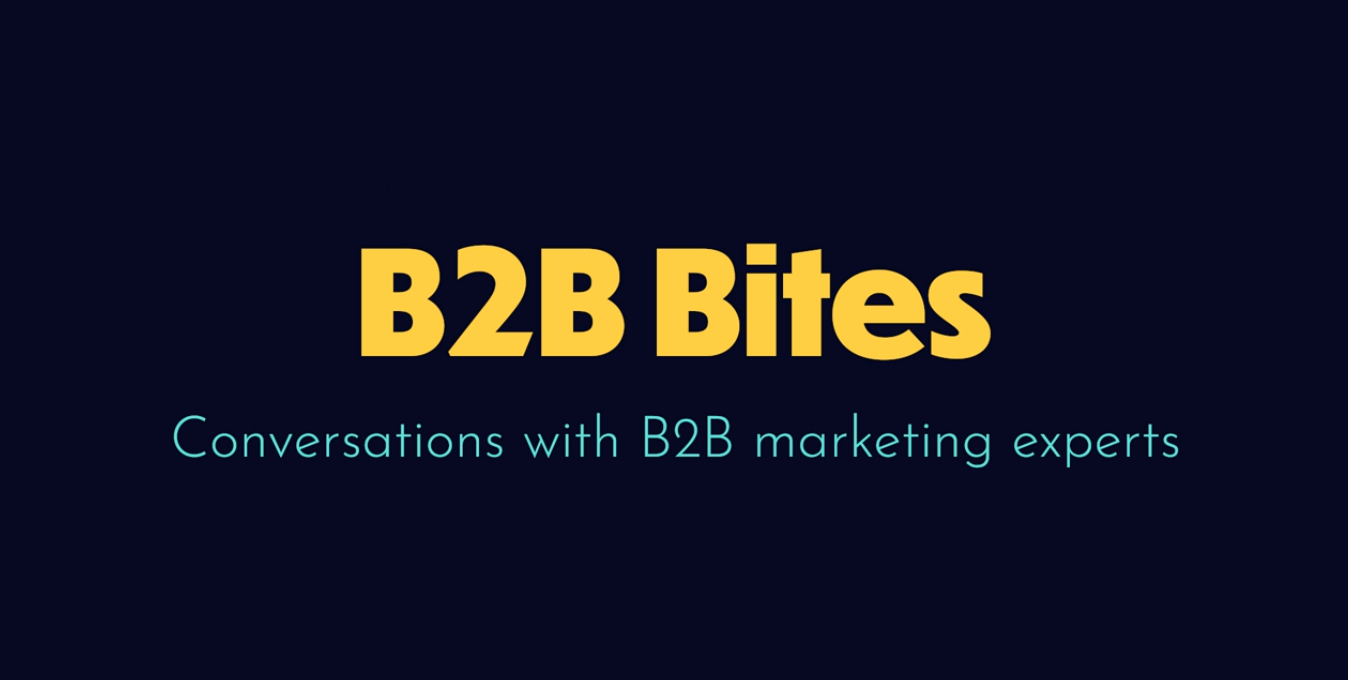Content marketing is first and foremost about creating top drawer content that your target market will love. But to love it, they have to be able to find it. And that’s why SEO still plays a vital role in any successful content marketing strategy.
So it’s fair to say that every time Google fiddles with it’s mysterious algorithms, there’s mass panic. You work so hard to get your head around optimising this stuff and then – wham! – it’s changed completely and you have to start all over again. And, of course, that’s precisely what the powers up at Google towers have been up to once again.
Here are three SEO issues to watch out for:
Quality, In-Depth, Well-Researched Editorial Content is More Important than Ever
Have you heard of Google’s “Knowledge Vault”? It sounds like something out of a sci-fi film, but it’s real. Google has figured out how to automatically sift through article text to identify purported “facts”, cross-referencing them against information stored in its ever-expanding vault.
This is called Knowledge-Based Trust (KBT) and it’s not so about fact-checking per se. Rather, it’s a means of figuring out whether your article is likely to contain genuinely valuable information, rather than fluff and search terms. All of which means that your articles absolutely have to be crammed with useful insights to educate your audience or help them solve a problem. If it looks like you’re a little light on real content, your article will under-perform in the search engine.
Google is Starting to Copy Facebook
Facebook and Google are always pinching each others’ ideas (and people). But Facebook’s huge success with mobile really has Google sniffing around for ideas.
Last year, Facebook introduced “Instant Articles”, which lets users view external content within the Facebook app, while making the look and feel consistent with Facebook itself. What’s more, partner publishers have begun creating some articles exclusively for Facebook on an ad revenue-share basis.
Not to be outdone, Google has now rolled out Accelerated Mobile Pages (AMP) – a very similar concept. For content marketers, this means that you need to be thinking more and more carefully about how to optimise audience’s user experience on mobile. It also means that keeping a close eye on what does well on Facebook is a good way to prepare yourself for what’s likely to happen next at Google.
Keywords Are Becoming Less Important
… Not irrelevant, but certainly far less reliable as a way of optimising your SEO.
In fairness, this has been a growing issue ever since Google released its Hummingbird algorithm nearly three years ago, which increased the number of unique searches, helped search terms themselves to become longer, and made it far trickier to work out precisely what search terms actually lead people to your site. But it’s about to get a whole lot messier.
Why? Because Google’s robots are getting smarter. The company has undertaken a dramatic shift towards Artificial Intelligence. Gone are the days when Google would directly match up a search term with a keyword on your site: these days, its AI programs actually try to interpret what the person searching is really after and whether your site has the answers. Obviously you want to make that job as easy as possible, but the onus is on creating genuinely valuable and informative content for your audience – Not on cracking the keyword code and stuffing your site to the rafters.
Want great tips and advice on producing top notch content that your clients (and Google) will love? Download the B2B Content Creation Masterclass below.









